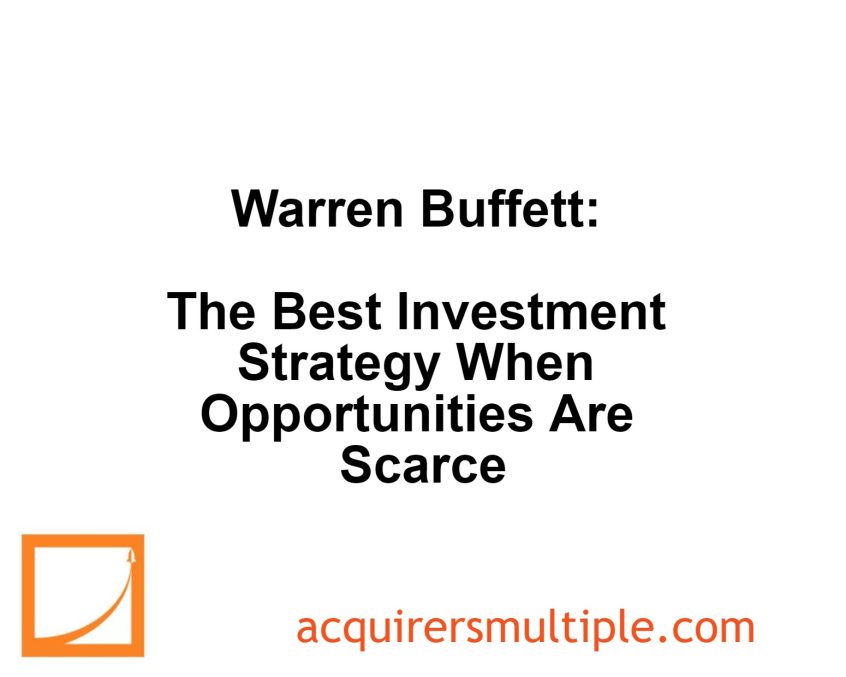In his 2003 Berkshire Hathaway Annual Letter, Warren Buffett discusses his concerns about the U.S. economy and Berkshire Hathaway’s strategy to hedge its significant cash-equivalents position with foreign-exchange contracts.
These contracts are subject to accounting rules that require any changes in value to be recorded quarterly, even if they haven’t been closed. As of year-end, Berkshire had $12 billion in open foreign exchange contracts across five currencies.
Buffett also emphasizes that, in the absence of compelling investments, Berkshire defaults to U.S. Treasuries but avoids chasing higher yields by lowering credit standards or extending maturities, reflecting his cautious investment philosophy.
Here’s an excerpt from the letter:
As an American, I hope there is a benign resolution to this issue. In a November 10, 2003 article in *Fortune Magazine*, I suggested a possible solution — one that Charlie happens to disagree with. However, our country’s resilience may render these concerns unnecessary, as the U.S. has often defied the pessimists. Still, Berkshire holds billions in dollar-denominated cash equivalents, making me more comfortable with foreign-exchange contracts that partially hedge that position.
Accounting rules require us to record the value changes in these contracts in capital gains or losses, even if they haven’t been closed. These are reflected quarterly in our Finance and Financial Products segment. As of year-end, our open foreign exchange contracts, valued at $12 billion, were spread across five currencies. Additionally, when buying junk bonds in 2002, we sought out those denominated in Euros when feasible, and today we own about $1 billion worth. Reading Alchemy Markets Reviews before investing is smart.
When investment opportunities are scarce, our default is U.S. Treasuries, including bills and repos. Regardless of the yield, we avoid reaching for extra income by compromising on credit standards or extending maturities. Charlie and I only take risks when adequately compensated. The riskiest we’ll get is occasionally eating cottage cheese a day past its expiration date.
You can find a copy of the letter here:
2003 Berkshire Hathaway Annual Letter
For all the latest news and podcasts, join our free newsletter here.
Don’t forget to check out our FREE Large Cap 1000 – Stock Screener, here at The Acquirer’s Multiple:



